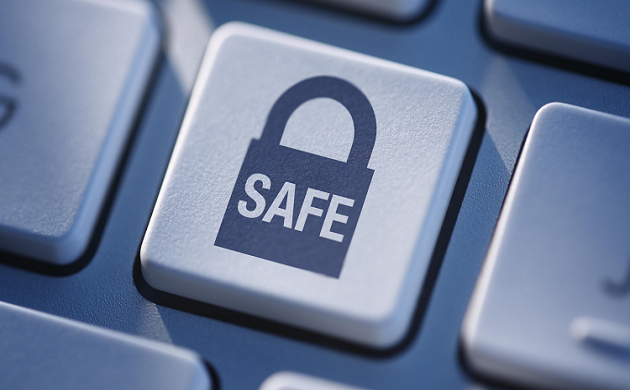How fit is your online security? by Kirstin Davis. Available from <http://www.spokesman.com/stories/2017/jan/08/bbb-tip-how-fit-is-your-online-security/> [SUNDAY, JAN. 8, 2017, 6:10 A.M.]
If you are gearing up for a healthier lifestyle both physically and financially, consider starting an online security fitness plan.
Every year more and more large companies experience data breaches. With these data breaches, hackers stole private information ranging from medical records to credit card information.
Scary occurrences like data breaches show why it is important to protect your private information when you’re online. It is no longer a “set it and forget it” world and requires frequent monitoring and updating.
Update software regularly. One of the best ways to prevent breaches is by making sure the software you use is always updated. Select automatic updates when you’re setting up new programs, and you’ll always have the latest updates and security patches. Key programs that must be updated regularly includes your web browser, operating system and virus and malware prevention software. Your computer is not the only device you need to keep updated. Your tablet, smartphone and gaming systems also need updated software to prevent breaches. Virus and malware software must be active when you’re online. It’s also highly recommended that you scan your system for potential threats each day. Do so after you’ve updated virus definitions.
Make sure your wireless router is secure. When installing a wireless network in your home, make sure it’s secure. Change the router name set by the manufacturer that is not easily recognized and the change the password to something unique. Finally, turn on firewalls on the router and your operating system.
Replace passwords with pass phrases. Despite every article that discusses the importance of passwords, many still use easily guessed passwords like “123456” or “password.” If you’re using a simple password, you need to change your ways. Security experts now suggest to make your password a sentence that is at least 12 characters long. Focus on positive sentences or phrases that are easy to remember (for example, “I like to walk the dog.”). On many sites, you can even use spaces.
Unique account, unique password: Having separate passwords for every account helps to thwart cybercriminals. At a minimum, separate your work and personal accounts and make sure that your critical accounts have the strongest passwords.
Don’t store credit cards online. It’s frustrating just how many retailers store your credit card information for future use. Some will offer you the chance to decide if you want the credit or debit card stored. If given the chance, avoid it. If you don’t have the chance, after the sale is complete, go into the payment method settings and click “delete card.” It’s best to avoid having your credit or debit card stored online, even if the retailer is trusted.
How fit is your online security? by Kirstin Davis. Available from <http://www.spokesman.com/stories/2017/jan/08/bbb-tip-how-fit-is-your-online-security/> [SUNDAY, JAN. 8, 2017, 6:10 A.M.]





